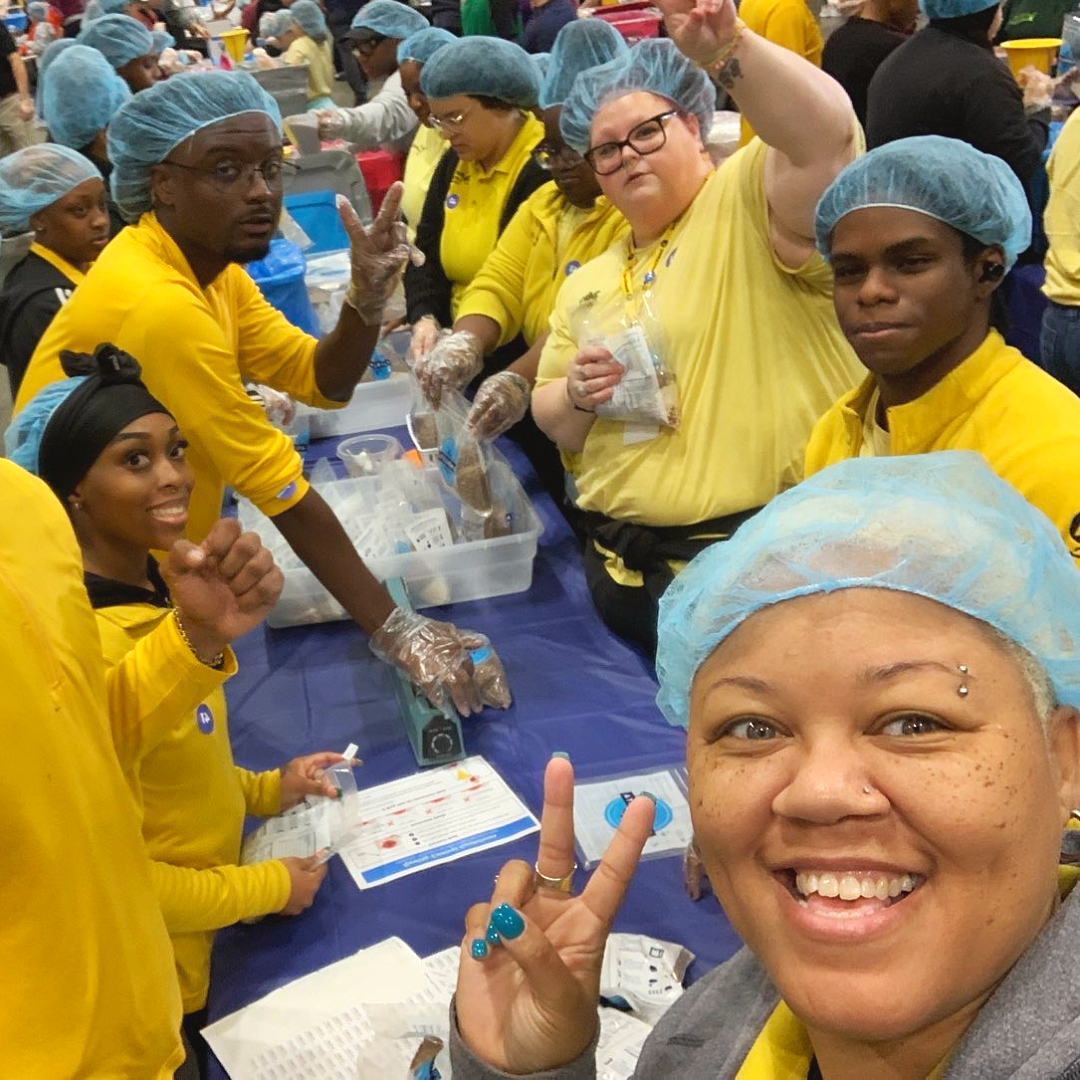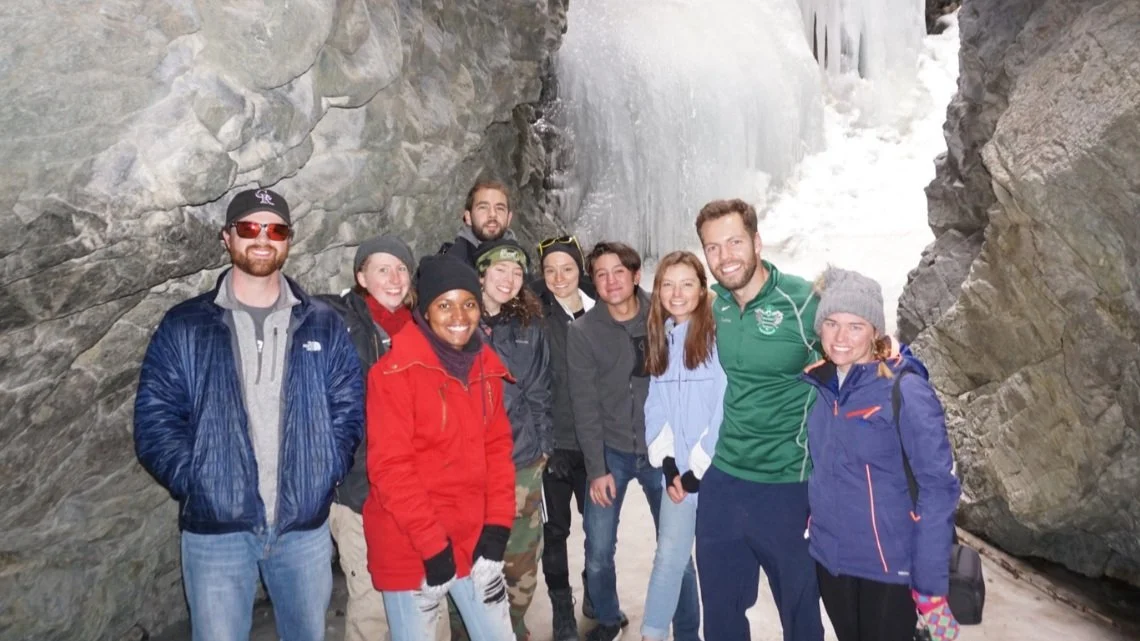MLK Day of Service: Not a day off, but a “Day On”
Monday, January 20th, was Martin Luther King Jr. National Day of Service and hundreds of our members attended service events across the country. Early Learning Tutors in Miami, Florida cleaned up and beautified the YMCA Intergenerational Center, while others in Orlando helped to pack healthy meals for those facing food insecurity. Math Tutors in Minnesota made blankets to donate to those in need, while Reading Tutors organized donations to a youth center and cleaned up a local food pantry. Many even brought along friends and family, including their kids, to help people in their community!
“We like to say that MLK National Day of Service is 'day on' for AmeriCorps members not a ‘day off,’” says Director of Service Experience, Kevin Curley. “Through their work today and throughout the year, our AmeriCorps members demonstrate that even small acts of service can create ripples of positive change across our communities.”
Below you’ll find an essay we’re sharing from an AmeriCorps alum, reflecting on a memorable MLK Day of Service he had in 2019. It’s a wonderful look at exactly what we mean when we talk about having a “day on,” and speaks to the transformative power of national service. If you’re interested in learning about the ways you can give back to your community through service, visit ampact.us/serve.
“A Day On, Not a Day Off”
by Jordan Sandman, National Civilian Community Corps alumnus
My Martin Luther King, Jr., National Day of Service in 2019 was not a day off. Serving with AmeriCorps NCCC in Huerfano County, Colorado, my 11 teammates and I were clearing debris from a frozen riverbed on a snowy day in the Rocky Mountains. We deployed to Huerfano County as part of a three-month project to mitigate anticipated flood waters following the 2018 Spring Creek Fire, the third largest in state history. The floods were projected to damage much of the town's houses and displace hundreds of residents.
Since 1994, Dr. Martin Luther King, Jr., Day has been a federally recognized National Day of Service, meant to encourage Americans to spend the day volunteering in their communities to honor the legacy of Dr. King and his vision for united communities that support one another. During our morning briefing, my team and I discussed the meaning behind MLK Day, and we agreed that, to us, service meant putting our ideas about working together and helping others to practice. It also meant sacrifice. While others played in the snow, we hauled debris. Of course, we had a snowball fight or two, but we got the job done.
Our day became memorable when we returned to our accommodations, the Huerfano County Community Center, where we slept on army cots in the basketball gym. As we pulled into the parking lot, we saw a homeless man sitting outside under the awning near the entrance. He watched us enter the community center longingly as snow continued to fall.
A couple of my team members went out to speak to the man and found out his name was Bradley. They learned his story: Bradley was a military veteran who had recently become homeless after he lost his job. I called the team into a meeting; we faced a quandary. We wanted to offer Bradley use of the community center, but AmeriCorps NCCC’s safety rules and policies prevented us from giving him permission to stay in the center with us. One of my teammates suggested we bring the conversation to Bradley. He told us he understood why we couldn’t invite him inside and instead asked us if we could help him find a sleeping bag. A contingent of the team marched over to the convenience store and pooled a few dollars to buy him a heavy blanket.
Bradley slept under the bleachers at the baseball field across the way from the community center the next few nights. He caught us as we left for work a couple mornings later to thank us for the blanket. He suggested that he might not have made it through the night without it. I pulled out my phone and checked the 7:00 am temperature: 5 degrees.
This moment during my service is one of many that taught me how sacrificing to help others is a crucial part of national service, and listening is also a crucial part. In a time of division, the conversations that service fosters between Americans of different races, classes, and geographic backgrounds are as important as the work itself. As Americans, we should not ignore the urge to help. But that urge should trigger dialogue that precedes action, leading to shared solutions instead of saviorism.












